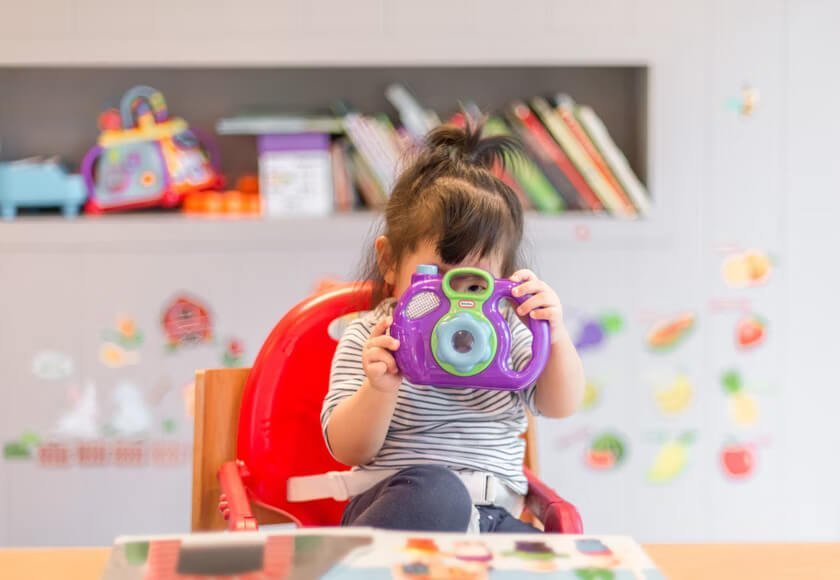As a parent, you may feel overwhelmed and heartbroken hearing that your child has autism. This diagnosis implies lifelong struggles with emotions, communication, and social acceptance, so it’s unbearable to imagine your child going through this kind of turmoil. When you first learn about the implications of an autism diagnosis, things may look bleak, but there is hope. With proper guidance, your child can have a healthy and content life. Together, you can overcome the challenges of being on the spectrum.
Here are three ways to help your child with autism thrive.
- Educate Yourself About ASD
Learning as much as possible about autism is vital for coping with the challenges you may face in the future as the parent of an autistic child. The more you know about autism spectrum disorder (ASD), the easier it will be to help your child surpass difficult moments. Knowledge will allow you to make informed decisions for your child.
What are the symptoms? What about treatment options? What are the long-term implications of this diagnosis? Find reliable resources about ASD to get detailed answers to all your questions. Not knowing what to expect will only make things difficult and frustrating.
- Consider Professional Support
Autism is a developmental disability that affects many aspects of cognition and behavior, so there isn’t any cure for this condition. However, an essential thing to know is that the term ‘spectrum’ in autism spectrum disorder refers to the wide range of symptoms and the varying levels of severity that can define this condition. Due to the complex nature of this disorder, taking care of a child with autism is very demanding. The early intervention of a trained therapist can prove thus essential.
At Action Behavior Centers, highly trained therapists assist children with autism in discovering their potential. Personalized therapy can significantly improve your child’s quality of life, so seek professional help as soon as possible.
- Understand Your Child’s Needs
Children with autism have specific needs. They have difficulty expressing themselves, either verbally or non-verbally. They get easily anxious and overstimulated due to their high sensitivity to external stimuli like light, sound, or touch. They also develop obsessive preferences or repetitive behaviors.
Due to these patterns in their emotions and behavior, children with autism feel safe in a non-stimulating environment that provides structure and routine. Maintaining the same daily routine, for example, is an excellent way to make your child feel at ease. Make sure your home environment is free of intense stimuli such as loud noises, harsh lights, or constant commotion.
Pay attention to your child’s reactions to various stimuli to detect factors that may cause anxiety, fear, or confusion. This step will help you design an environment where your child can feel happy.
Conclusion
Parenting is hard, and raising a child with autism is even harder. The good news is that, at a societal level, we know a lot about autism spectrum disorder and other similar conditions like ADHD. As a result, a child or adult diagnosed with a developmental disorder can have a good quality of life.

